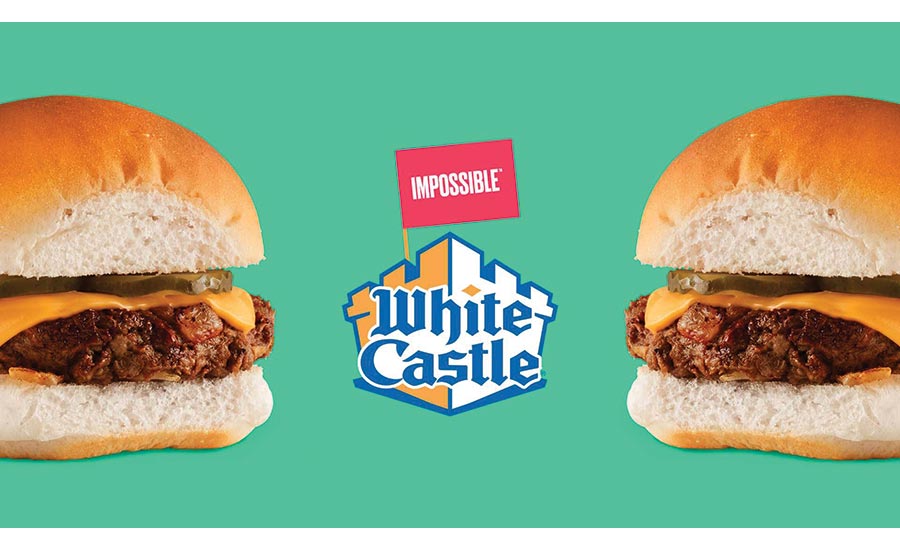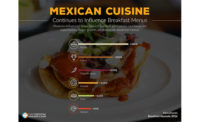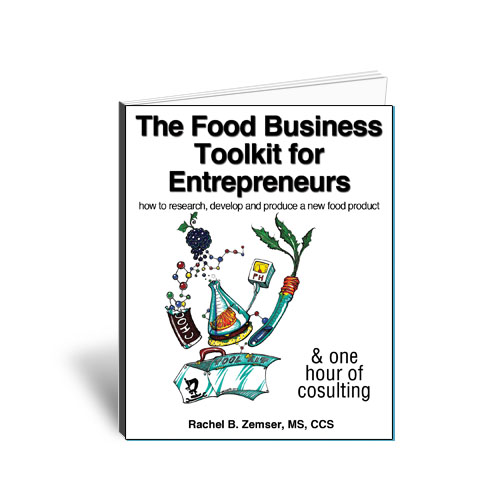Consumer Plant-based Goods
Rising interest beyond animal-based foods presents fresh opportunities

The way people are eating is changing. Consumers are reaching for more fruits and veggies—and plant-based everything! Are your product developers on-board with the trend? Consumers are driven to choose foods that make them feel healthy and this is making plant-based eating an attractive option.
Of course, consumers are far from totally giving up on meat. Instead, they are choosing more plant-based alternatives and foods to reduce their meat intake or simply supplement the animal-based products they consume. In fact, 38% of consumers say they are adding veggie-centric dishes to their diets, while 22% are limiting (but not necessarily eliminating) meat and poultry. Datassential’s new “Keynote Report: Plant-Based Eating,” takes a deep dive into this bold new category, which presents rich opportunities for foodservice, restaurants, and retail.
The rise of plant-based eating has breathed life into CPG innovation, giving manufacturers a new category to create foods that can be marketed to a wide variety of consumers across dayparts. Today, those seeking the power of plants can easily find alternative-proteins, meat-free burgers, gourmet frozen dinners, pizza, and more.
Breakfast is a natural fit for plant-based eating, allowing for innovation with alternative proteins, fruit, whole grains, and more. Consider dishes such as grain bowls and tacos, which allow ample room for customization and plenty of variety. On the afternoon and evening side, plant-based foods don’t just act as meat replacements. Spiralized and riced veggies can add plant-power to many dishes; and Datassential research shows 39% of consumers are interested in trying these formats. Even pizza is having its plant-forward moment in the spotlight. Caulipower, Inc. has introduced a cauliflower-crust veggie pizza for the freezer aisle.
One of the biggest developments in the plant-based CPG space (and now restaurants) are alternative burgers with the taste and feel of the real (beef) McCoy. These burgers are springing up at most conventional grocers and being featured on restaurant menus. White Castle recently introduced its Impossible Slider with Smoked Cheddar, made with Impossible Foods’ 100% plant-based burger. No word yet on whether it someday will become one of the brand’s frozen aisle items.
Understanding today’s consumer preferences is a key to the marketing of successful plant-based new products. The top reason consumers want plant-based foods is to improve their health, but they also want to indulge in a satisfying meal.
Product developers and restaurant operators alike need to to create products that combine craveability with a health-halo. This could involve adding an optional serving of meat, poultry, or seafood to the item, which may help attract omnivores and flexitarians. Also strongly consider product messaging and use descriptors that resonate with consumers. For example, the top three premium call-outs that catch their attention when buying fruit and veggie products are “fresh,” “local,” and “organic.”
Looking for a reprint of this article?
From high-res PDFs to custom plaques, order your copy today!
 Learn more about plant based foods in our
Learn more about plant based foods in our 





